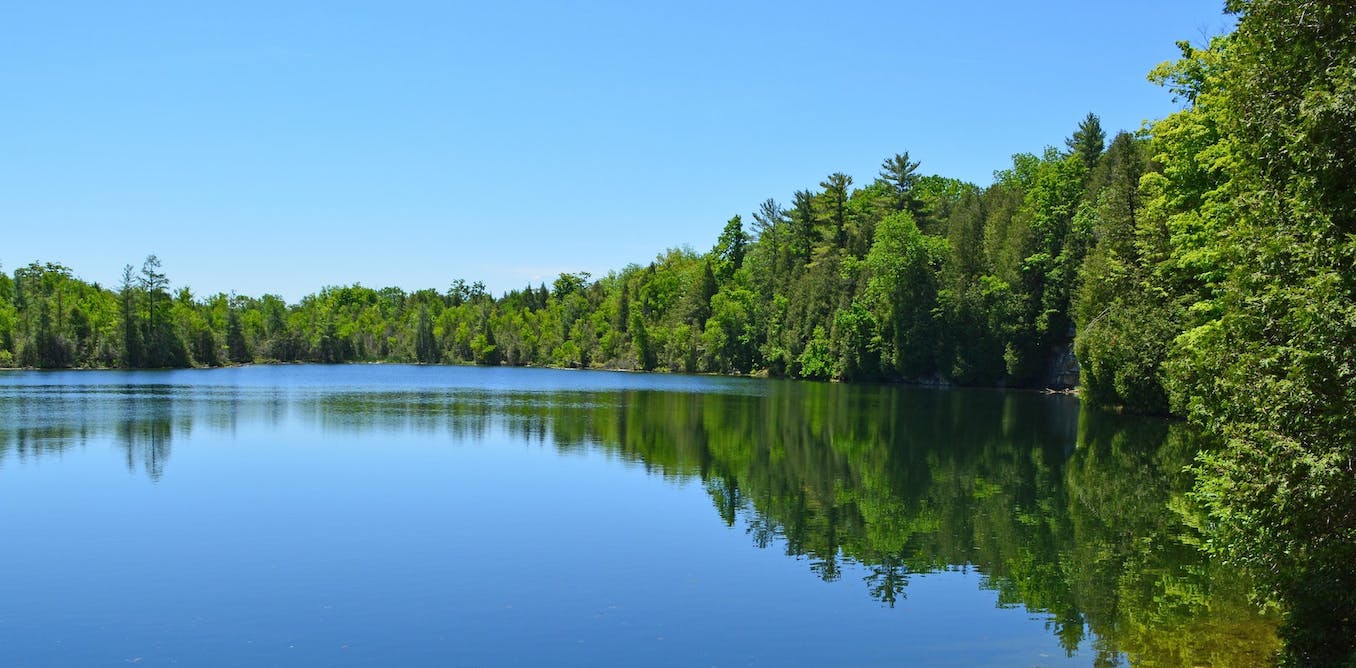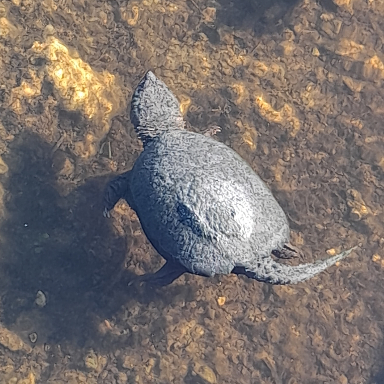@fossilesque Although see: I’ve found the Quest For The Golden Spike marking the start of the Anthropocene fascinating, but this resignation letter from a Working Group member makes some very good points about why pinning it down like that is actually a problem: https://anthroecology.org/why-i-resigned-from-the-anthropocene-working-group/ https://weirder.earth/@eldang/110708504596367540
While we have been shaping climates for thousands of years, personally, I view the term from a purely practical sense of radiocarbon dating issues and geochemical signatures that underly a lot of palaeoecological studies, though obviously, it started much earlier. It’s been talked about for a while, especially by people studying arctic areas and other marginal places. It’s measurable and consistent chemically, which is why people are pinpointing this point in time. Transition periods, especially at this scale, are hard and it’s important to note that the date doesn’t signify the start.
Yeah, my first reaction to this is something along the lines of the idea that exactly when this happened (and exactly how it’s defined) doesn’t seem as important as the broader recognition that this is a thing.
The impacts of mega-scale human activity do naturally vary from place to place, and it makes sense that the “exact start” would understandably vary from place to place, along with how well-defined it is in stratigraphic and other records. But the more important recognition is that, to reference a famous quote, “we’re not in Kansas anymore”. We’re in uncharted territory as far as our understanding and predictions of the Earth system go.
If this celebratory marker-placing draws more attention to the matter – which I’d say it certainly seems to – then I guess it’s a good thing. But the specificity of the marker is more of a matter of trivia or (preferably) a conversation piece to make the point about the sheer scale of anthropogenic changes to our home planet.




